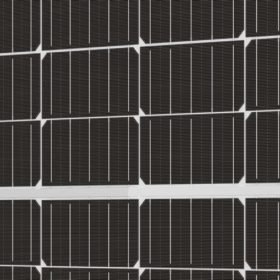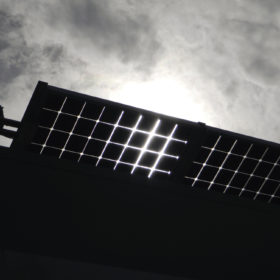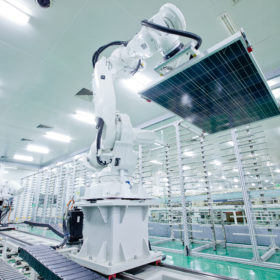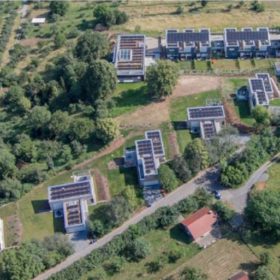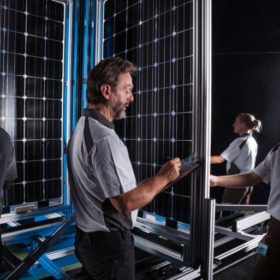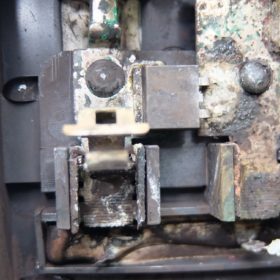Storage Highlights Countdown #8; Supercapacitators – fast and powerful Skeleton Technologies
The Energy Storage Europe conference is nearing and pv magazine is featuring the top ten developments in the field as our Energy Storage Highlights, selected by an independent jury of experts. Having kicked off with a hydrogen fuel cell based approach to self-sufficient living in Switzerland, and DNV GL’s bid to map the vast battery storage landscape, we continue with a small island’s approach to grid stability.
Webinar Q&A: “Are half-cut cell modules the future?”
Many manufacturers are converting large parts of their production capacities to half-cut cell technology. Is this a niche or will the traditional full cell module eventually disappear? The use of the new technology has clear advantages for manufacturers and buyers, say the experts.
The weekend read: Heads you win, tails you win
One manufacturer after another has announced bifacial modules, and buyers would do well to consider the benefits. Independent calculations show that increases of up to 15% or more are realistic in countries such as Germany.
Jinko’s approach to PID-resistant PV modules
Talking to pv magazine, Andrea Viaro, head of technical service Europe for JinkoSolar, explains how the Chinese manufacturer is dealing with PID degradation.
Battery Inverter Webinar with Kaco: Your questions answered
Kaco developed its Blueplanet gridsave 50.0 TL3-S battery inverter based on experience gained from storage projects in Europe. In pv magazine‘s recent webinar in partnership with Kaco, a number of questions were raised about the device, which the experts now answer.
pv magazine Storage Highlights’ ranking 1 to 24
Overall, 24 exhibitors from the upcoming Energy Storage Europe event in Germany’s Düsseldorf submitted proposals to the pv magazine Storage Highlights’ jury. They were ranked in the following categories: Relevance to industry; USP; Market impact; Contribution to the energy transition; and Innovation. Read on to discover how they fared.
Jolywood, TÜV Nord and CPVT joint forces for testing of bifacial modules
It is difficult to compare the performance of bifacial modules with that of conventional solar panels, if the usual tests are applied. As a result, China-based Jolywood, Germany’s TÜV Nord and Chinese company CPVT have decided to develop a joint testing process.
Quality Roundtable: Rain in the box
Quality issues: A solar power plant investor finds out that neither the warranty of the EPC, nor the warranty of the module manufacturer, was adequate. It would be good to clarify in advance what should happen in the event of a serial defect, and how the term “serial defect” should be defined at all.

